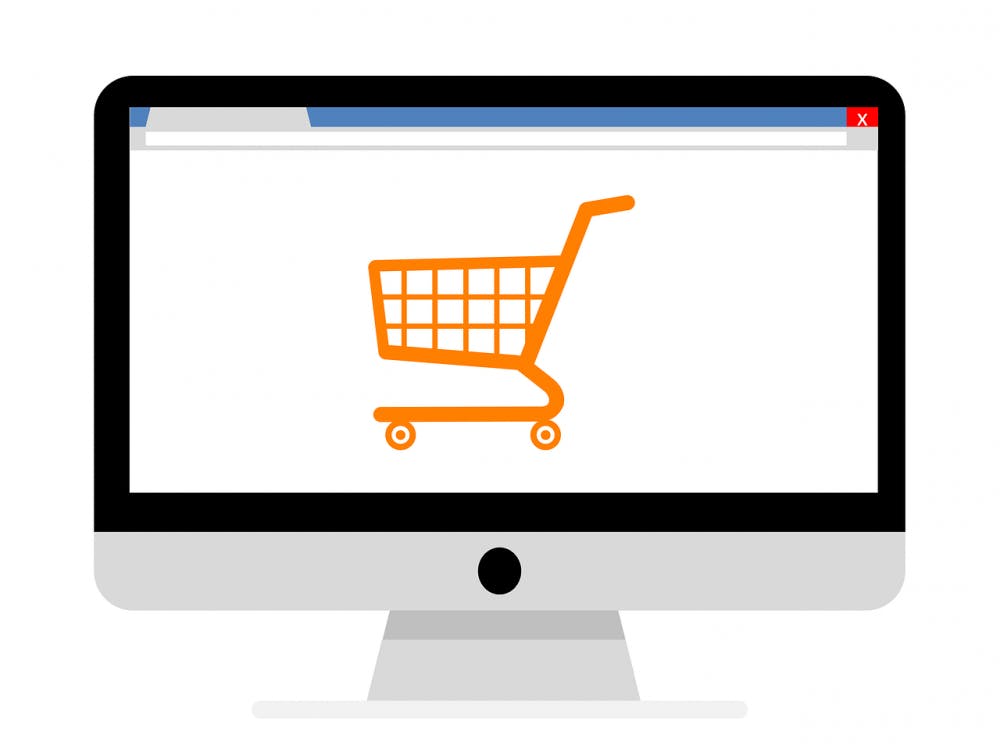Amazon is more valuable than Walmart, Target, Best Buy, Macy's, Kohl's, JCPenney and Sears combined explained Yahoo Finance.
A headquarter for that booming company could soon be just an hour away. On Jan. 18, Indianapolis was announced to be one of 20 finalists Amazon is considering for a second headquarters.
While he said this won’t affect Muncie much, Michael Hicks, professor of economics and business research and director said it could bring new jobs to Hoosiers.
“For a Ball State student in the college of business or a computer science major, the potential employment options are huge,” Hicks said. “It’s the biggest economic relocation in history.”
While Amazon’s new headquarters could bring 50,000 jobs to the area, it shouldn’t affect small businesses said Eric Harvey, director of center for digital marketing and analytics.
“Small businesses, especially in a small town like Muncie, aren’t that affected [by Amazon and online shopping],” Harvey said. “It’s that experience that they get in small businesses — it’s cool. The product is unique.”
Though the addition of an Amazon headquarters is unlikely to affect small businesses, it could affect retailers. Amazon’s growth is a part of a growing trend in e-commerce or online sales.
Harvey said the trend to shop online is a part of the retail apocalypse, or the large number of retail stores that have closed over the past few years.
“Retailers are in a world of crisis losing customers to the online market,” Harvey said. “Amazon, Walmart, Kohl’s — they have [e-commerce] figured out.”
Approximately 65,000 U.S. jobs have been lost in retail in the past year according to a report by the Union Bank of Switzerland. This is because e-commerce is predicted to account for 17 percent of all U.S. retail sales by 2022 said “Online Retail Forecast, 2017 To 2022” a report by Forrester Data.
“People prefer online shopping because it’s convenient. People don’t have to leave their houses or put on real pants to go outside,” said Emily Mixter, sophomore advertising major and a frequent online shopper. “You don’t have the fear of running into someone you know or don’t want to talk to. It’s just more convenient.”
Surprisingly, a majority of millennials make their purchases in-store rather than online or from Amazon said “The Millennial Shopping Report” a report from CouponFollow.
“I prefer in-store shopping. I don’t like to put my debit card online. Plus, it’s easier to try stuff on in store,” said Sarah Humphrey, freshman geology and earth science major. “I feel like online would be easier in college, but it’s still not my preference.”
Contact Liz Rieth with comments at ejrieth@bsu.edu or on Twitter at @liz_rieth.





